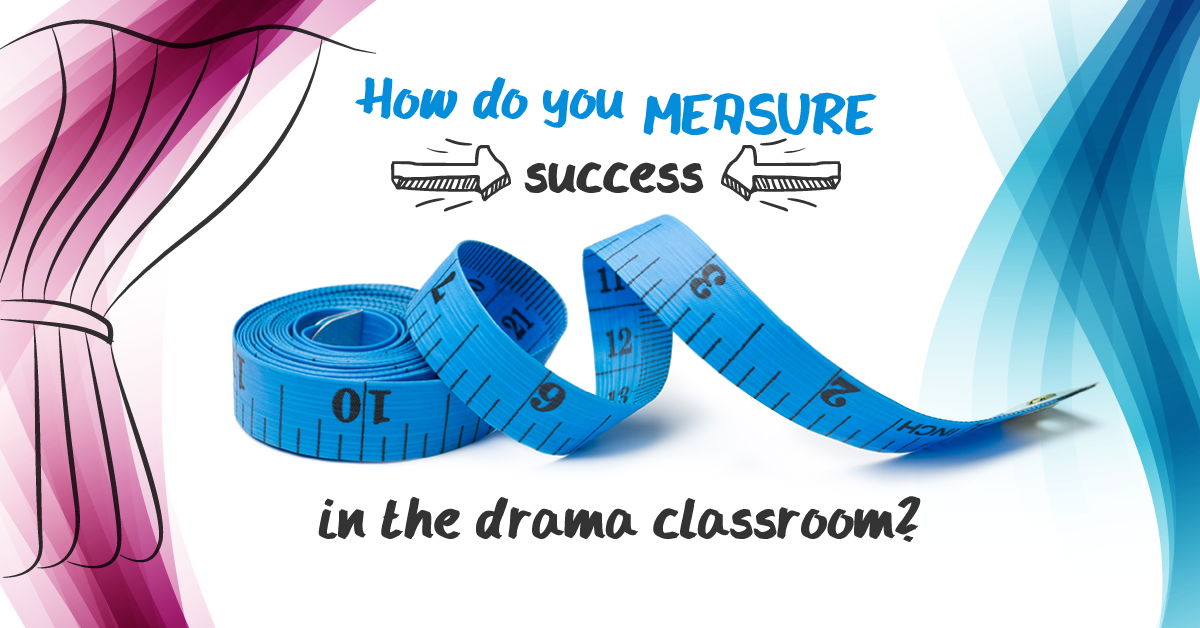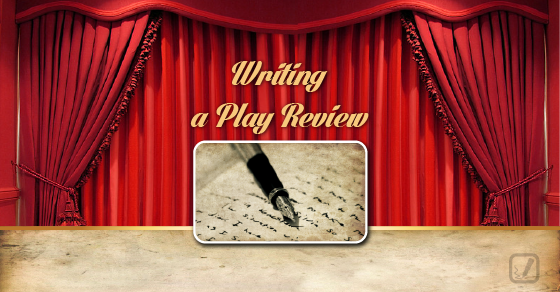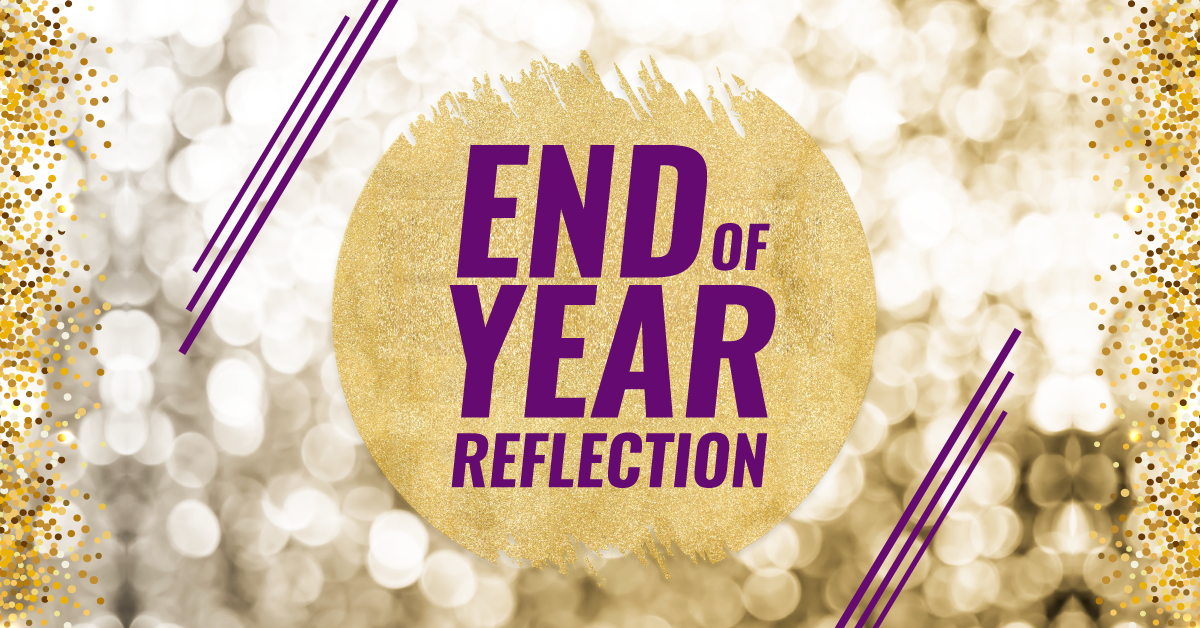How Do You Measure Success in the Drama Classroom?
Success in the drama classroom can be a challenging thing to measure. Not all students who take drama want to go on to become professional performers or technicians. Many students take drama simply because they enjoy it. There is also that group of students who only take drama because they need an arts credit or because they think it’ll be an easy class. (And boy do they find out quickly how untrue that is!)
While of course grades are important and required for students to advance, it’s important for students and educators to look beyond A’s and B’s and think about all the great learning opportunities that arise through the study of drama.
Let’s look at the different ways that success can be measured in the drama classroom:
Active participation
This is a big one. Learning in the drama classroom is definitely an active practice. It’s much more “get up and try” rather than “sit down and take notes.” Are your students showing up, on time, and ready to work? Are they answering (and asking) questions and contributing to discussions? Are they getting up and trying the exercises? Are they conversing with other students in the class (at appropriate times, of course)? Not everyone is good at every type of theatre, nor are they going to be. But are students willing to get up there and give it their best shot? Then they’re on the right track to success.
Improvement: learning new skills and practicing
There are so many different types of theatre, all with their own nuances, challenges, and connections. No matter how skilled or experienced actors are, they are constantly learning and practicing to improve their skills. Successful drama students are those who are willing to put in the work necessary to learn new skills; practice to improve those skills; and (going forward) make connections between skills – for example, using miming skills to help with improvisation, then using improvisation to practice clowning, and so on.
Problem solving and critical thinking
In the theatre, it’s not a case of what will go wrong–it’s when something will go wrong! And when it does go wrong (like if a prop breaks or someone forgets their lines), what will your students do? If it’s figure out a solution and make it work however they can, then they’ve succeeded.
Drama class also challenges students to think critically–to look beyond “I liked it” or “I didn’t like it” and get to the WHY. Why did they like or dislike a performance? What worked or didn’t work, and why? Why do they prefer mime over monologues, or vice versa? Being able to articulate the “why” in drama class means that your students are on the road to success!
Confidence and bravery
It takes courage to try new things in a drama class, especially exercises that push students outside of their comfort zone. Taking risks doesn’t come naturally to everyone, especially when there is the potential for students to look foolish in front of their peers. Drama class helps students gain confidence to take these risks and push themselves to try new things.
Learning transferable skills
What I love most about studying drama is that the skills used in drama class are transferable to “real life” situations. Participation, dealing with groups of people, working individually and as a team to complete a project, time management, public speaking, leading and following, problem solving, rote memorization, critical thinking and articulating thoughts, and multi-tasking. These are all skills used both in drama classes and while working on productions. They’re also all skills used in everyday life. Even something as simple as a breathing exercise can be used to de-stress yourself before an exam or making a presentation in another class. Successfully using these skills in the drama classroom can certainly lead to transferring these skills outside of the classroom, in “real world” situations.
It helps to think about students’ progress like a road–the “road to success,” if you will. Some students will fly down the road at a million miles an hour. Some students might only move an inch or two forward. But at least they’re going in the right direction.



